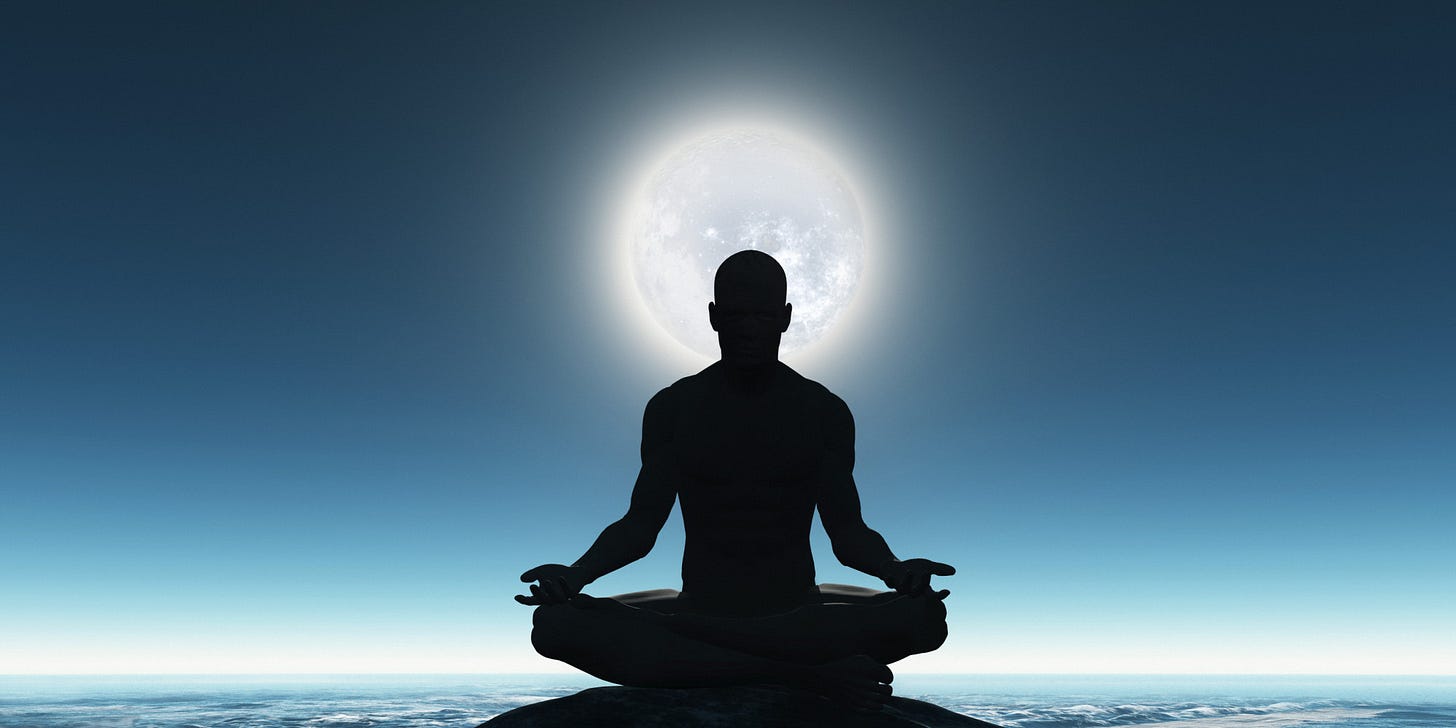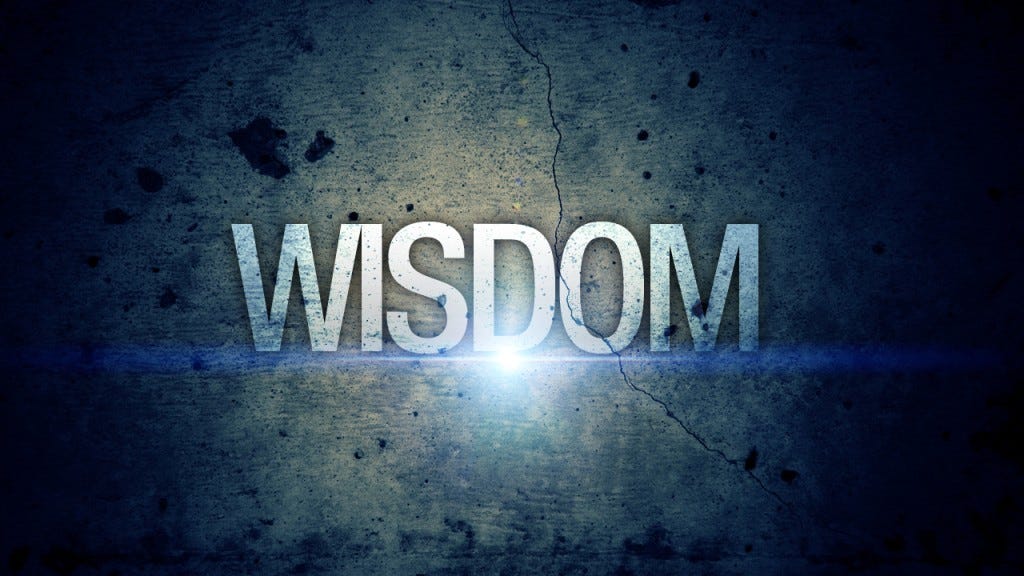In our journey through life, many of us seek spiritual guidance to help us navigate the complexities of our existence. A spiritual teacher can offer wisdom, support, and direction as we strive for personal growth and inner peace. However, finding the right spiritual teacher is crucial, as the wrong choice can lead to confusion, disillusionment, and even harm. In this article, we will explore why we need a spiritual teacher, what qualities to look for in one, the dangers of choosing the wrong teacher, and how much we should rely on them.
Why Do We Need a Spiritual Teacher?
In the vast sea of spiritual teachings and practices, it can be easy to feel lost and overwhelmed. A spiritual teacher acts as a beacon of light, illuminating the path and offering guidance based on their knowledge and experience. They can provide clarity, support, and encouragement as we navigate our spiritual journey, helping us to deepen our understanding of ourselves and the world around us.
Here are some reasons how a spiritual teacher can be beneficial:
Wisdom and guidance: A spiritual teacher can offer wisdom, insights, and guidance based on their own experiences, teachings, and spiritual practices. They can help you navigate spiritual challenges, dilemmas, and questions that you may have.
Support and encouragement: A spiritual teacher can provide support, encouragement, and motivation on your spiritual journey. They can offer comfort during difficult times and celebrate your achievements and progress.
Accountability: A spiritual teacher can hold you accountable for your spiritual practices, goals, and commitments. They can help you stay on track and remain focused on your spiritual growth and development.
Perspective: A spiritual teacher can offer a different perspective on your spiritual path and experiences. They can help you see things from a new angle, challenge your beliefs, and broaden your understanding of spirituality.
Community and connection: A spiritual teacher can also connect you with a community of like-minded individuals who share your spiritual beliefs and practices. This sense of community can provide companionship, support, and a sense of belonging on your spiritual journey.
Ultimately, the need for a spiritual teacher varies from person to person. Some individuals may find great value in having a spiritual teacher, while others may prefer to explore their spirituality independently. Whether or not you choose to have a spiritual teacher, it's important to listen to your inner guidance and follow a path that resonates with you personally.
Qualities to Look for in a Spiritual Teacher
When choosing a spiritual teacher, it's important to consider certain qualities that can help ensure a meaningful and supportive relationship. Here are some qualities to look for:
Integrity: A spiritual teacher should demonstrate honesty, transparency, and ethical behaviour. Look for someone who embodies the values and principles they teach.
Compassion: A good spiritual teacher should be compassionate, caring, and empathetic. They should be able to understand and support you through your spiritual journey with kindness and understanding.
Wisdom: Seek a spiritual teacher who possesses knowledge, wisdom, and experience in the spiritual path you are interested in. They should be able to offer insights and guidance based on their own learning, practice and experience.
Open-mindedness: A spiritual teacher should be open-minded and non-judgmental, respecting your beliefs, experiences, and individual spiritual journey. They should encourage you to explore and discover your own truths, and not try to force their beliefs onto you.
Good communication skills: Look for a spiritual teacher who communicates effectively and listens attentively. They should be able to convey complex spiritual concepts in a clear and understandable way and be responsive to your questions and concerns.
Empowerment: A good spiritual teacher should empower you to trust your own intuition, inner wisdom, and spiritual insights. They should encourage your personal growth and development rather than promote dependency.
Compatibility: It's important to feel a sense of connection, trust, and resonance with your spiritual teacher. Make sure you feel comfortable sharing your thoughts, feelings, and experiences with them.
Commitment: Choose a spiritual teacher who is committed to your spiritual growth and well-being. They should be available to provide support, guidance, and encouragement when needed.
Remember that finding the right spiritual teacher is a personal journey, and it's essential to trust your instincts and intuition when selecting someone to teacher you on your spiritual path. Take the time to explore different options, ask questions, and observe how you feel in their presence before making a decision.
The Dangers of Choosing the Wrong Spiritual Teacher
Choosing the wrong spiritual teacher can have serious consequences, including the risk of abuse. Here are some of the dangers associated with selecting an inappropriate spiritual teacher:
Manipulation and Control: An unscrupulous spiritual teacher may use manipulation tactics to control and influence their followers. They may exploit their position of power to make unreasonable demands or coerce individuals into certain behaviours or beliefs.
Financial Exploitation: Some unethical spiritual teachers may exploit their followers financially, pressuring them to make donations, purchase expensive products or services, or even give up their personal assets in the name of spirituality.
Emotional and Psychological Abuse: Abusive spiritual teachers may engage in emotional manipulation, gaslighting, or psychological abuse to maintain control over their followers. This can lead to feelings of guilt, shame, and confusion among those under their influence.
Sexual Abuse: Unfortunately, there have been many cases where spiritual teachers have taken advantage of their followers sexually. This can involve inappropriate sexual relationships, coercion, or abuse under the guise of spiritual teachings or practices.
Isolation: Some manipulative spiritual teachers may encourage followers to cut off ties with family and friends, leading to social isolation. This tactic can make individuals more dependent on the teacher and less likely to seek help or support from others.
Cult-like Behaviour: In extreme cases, abusive spiritual teachers may exhibit cult-like behaviour, creating a closed and controlling environment where critical thinking is discouraged, and blind obedience is enforced.
It's essential to be cautious and discerning when choosing a spiritual teacher and to be aware of the warning signs of potential abuse. Trust your instincts, pay attention to red flags, and seek guidance from reputable sources or organizations if you have concerns about a spiritual teacher's behaviour. Remember that a genuine spiritual teacher should empower and support your personal growth and well-being in a respectful and ethical manner.
How Much Should We Rely on a Spiritual Teacher?
While it is beneficial to seek advice from a spiritual teacher, it is essential to maintain a balance and not become overly dependent on them.
The key to a good spiritual teacher/student relationship is that we learn from them, but not get attached to them. Some spiritual teachers want exclusive rights over their students, but I personally think it is beneficial to have more than one teacher. It is also fine to move on once we have learnt what we can from them – we can always go back and get advice if we run into an obstacle.
If we see the spiritual teacher as a mentor and facilitator, we are not going to get attached to them or be abused by them. However, if we see them as higher beings, precious ones or some kind of saint, we will be leaving ourselves open to all sorts of manipulation. When we see them in that way, we are not there to learn from them, we’re there to lean on them. We are using them as a mental crutch and abdicating our responsibilities.
If you see them in this way, you should ask yourself these questions, ‘What do I need a teacher for?’ ‘Is it to learn from them or lean on them?’ ‘Am I looking for a way to reduce my suffering and find inner peace, or just using them so I don’t have to take responsibility for my life?’
It is important to maintain your independence and critical thinking skills by reflecting on the teachings and practices and discerning what resonates with you personally. It is also crucial to establish healthy boundaries with your spiritual teacher to maintain a respectful and balanced relationship.
Choosing a spiritual teacher is a significant step in our spiritual journey, offering us support, wisdom, and inspiration along the way. By carefully considering the qualities of a potential teacher, being aware of the dangers of choosing the wrong teacher and maintaining a healthy balance in our relationship with them, we can experience profound growth and transformation on our path.
As you embark on your quest for a spiritual teacher, trust your intuition, listen to your inner voice, and seek guidance from those who embody the qualities of authenticity, compassion, and wisdom.
If you would like to become a supporter of my work, such as podcasts, blogs, videos and guided meditation practices, please visit my Patreon page here. You can support for as little as $2 a month.




